Market Share
Natural Additives Market Share Analysis
Strategic positioning is used by organizations in the natural additives market to fulfil the rising interest for harmless to the ecosystem and reasonable items. Broad innovative work endeavours are devoted to the making of natural additives that address the shifted necessities of ventures. They try to offer a large number of normal added substances that upgrade the flavour, variety, and timeframe of realistic usability of food and refreshment items through proactive planning. In the industry, marking and showcasing assume an essential part by underlining wellbeing cognizance, supportability, and straightforwardness to motivate trust in purchasers and draw in knowing customers. Laying out essential coalitions with wellbeing and health associations, retailers, food makers, research establishments, and confirmation bodies effectively reinforces believability, extend circulation stations, and draw in a greater customer base. Food and refreshment producers have embraced the act of redoing normal added substances to take care of explicit requests, consequently fulfilling the rising requirement for individualized nourishment and versatile arrangements. The natural additives industry puts critical significance on maintainability, as organizations utilize eco-accommodating measures, for example, securing fixings morally, using different side-effects, and utilizing supportable bundling to adjust to customer values and satisfy the rising need. Portion of the overall industry situating is helped by clean mark drives, which fulfil buyer interest for straightforward fixing records. By keeping away from counterfeit additives and flavour enhancers and underscoring regular beginning, organizations appeal to shoppers who favour insignificantly handled, uncontaminated items. For clean name and regular item piece of the pie situating, key evaluating models are crucial. By finding some kind of harmony among moderateness and saw esteem, organizations can legitimize premium evaluating with esteem added benefits. As openness and comfort have changed the buying propensities for purchasers, internet business systems are essential for organizations to catch piece of the pie in the computerized age. One can upgrade their effort by making interests in web-based presence, enhancing channels, and utilizing computerized advertising systems. Guaranteeing adherence to quality principles and administrative prerequisites is of foremost significance while trying to acquire piece of the pie in a food-cognizant segment. By putting resources into quality control, affirmations, and industry guidelines, organizations separate their items and procure clients' trust. To keep a predominant market position, the natural additives industry carries out different strategies and methodologies including marking, joint efforts, customization, manageability drives, clean name works on, valuing systems, internet business streamlining, and adherence to administrative principles.


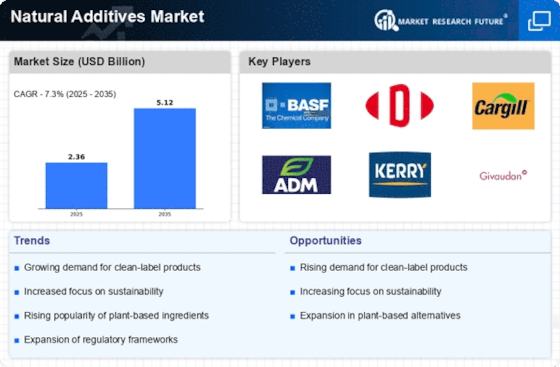
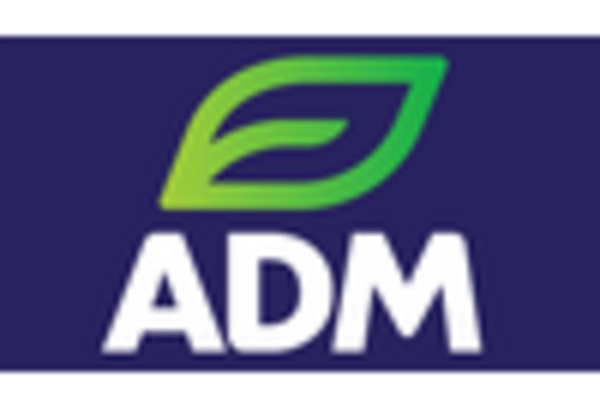

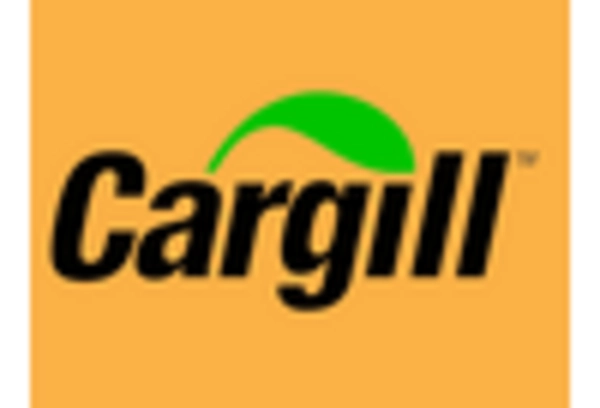

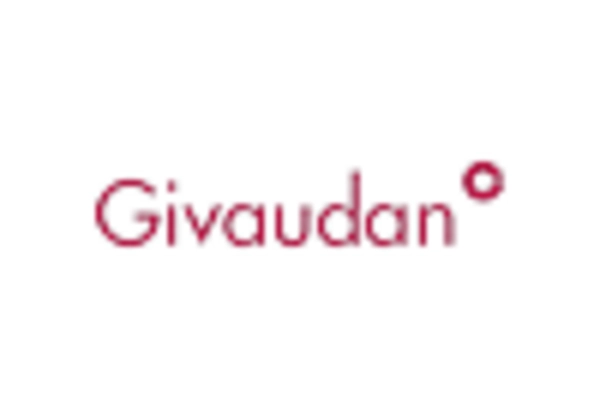
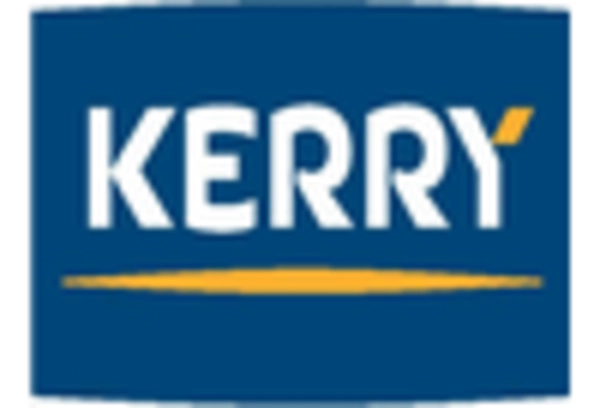









Leave a Comment